Your Beauty Routine Isn't a Guilty Pleasure—It's *Literally* Helping You Lead a Longer, Healthier Life
20 years of research says so.
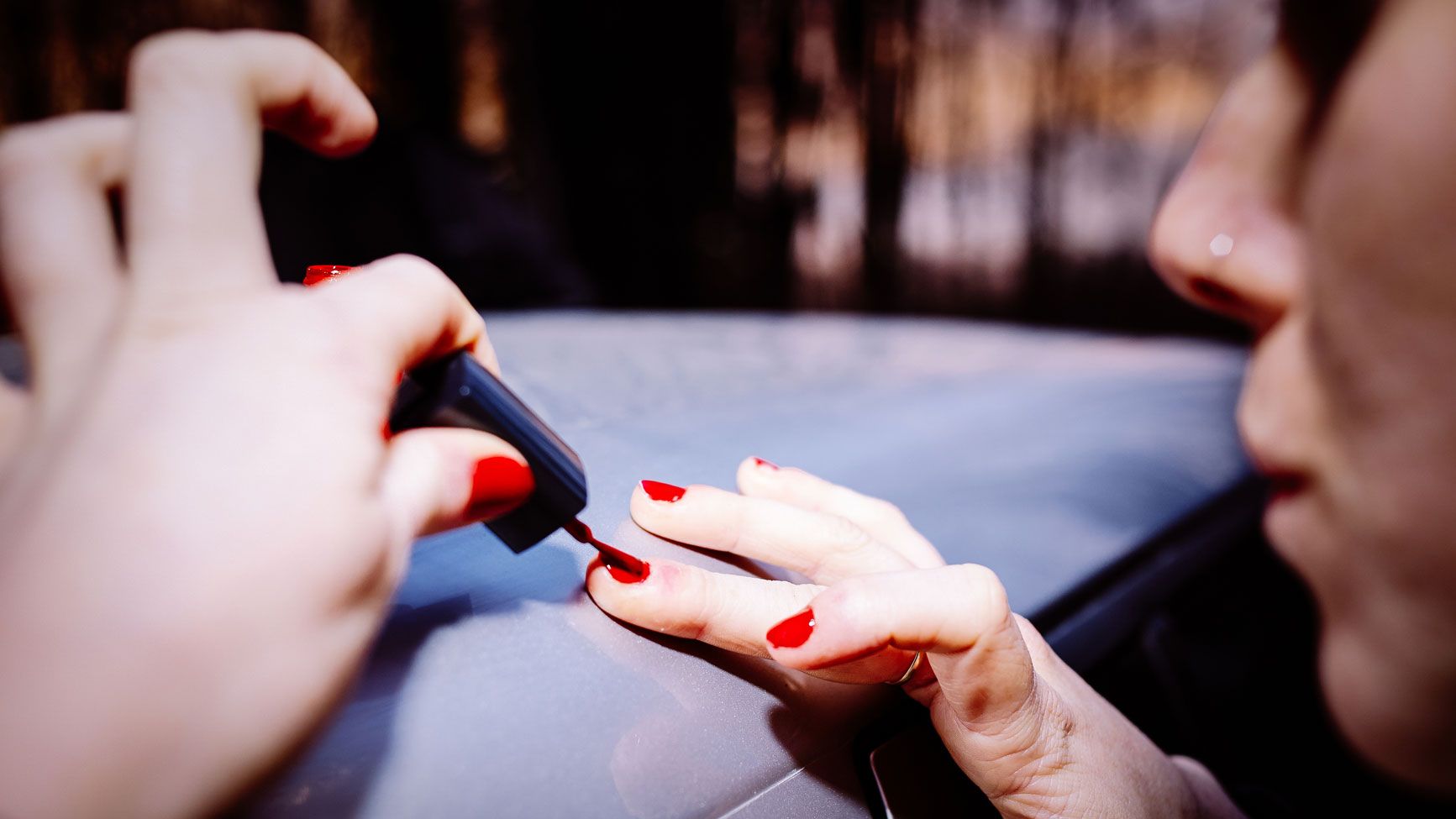
As an on-the-go twentysomething, I find that my sanity can often be summed up by whether or not I'm actually sticking to my beauty regimen.
Now, bear with me here... It's not so much a vanity thing (though I will say there's no pick-me-up like a clear complexion or good hair day). No, it's more than that—dedicating those 10-15 minutes each morning and evening to taking care of myself helps me feel more centered.The alternative—whether it's skipping washing my face to plunk down in bed as soon as humanly possible or indulging my snooze button in the AM and settling for a sorry excuse for a cat eye—always leads to feeling "off", both inside and out.
But this notion feels a whole lot less frivolous thanks to a newly-released study conducted by CVS that hones in on the correlation between beauty and a "subjective well-being." According to Yahoo Beauty, NYC-based psychologist Dr. Vivian Diller gathered evidence over the last 20 years that proves carving out time for personal care has worthwhile short and long-term health benefits.
A post shared by Lady Gaga (@ladygaga)
A photo posted by on
"Activities that allow us to take care of our personal beauty needs should not be viewed as 'guilty pleasures,'" says Diller. "These acts may help us live a long and vital life well into our 80s and 90s."
To prove her point, Diller cites an example that will resonate with lipstick lovers everywhere. Chances are, you know from firsthand experience that a quick swipe of your go-to shade can have a positive effect not just on your appearance, but your state of mind. This confidence, AKA subjective well-being, when incorporated into a daily routine has been linked to improved diet, better sleeping habits, and a boosted immunity, says Diller. Not to mention, that same swipe can be just as big a component to your anti-aging agenda as prescription retinol.
"You should allow yourself to see beauty as staying healthy for the rest of your life," she explains. "We know that on multiple biological levels, from the cardiovascular system to cellular growth, if we include relaxation we are very likely to slow down the natural deterioration of our bodies that come with age."
A post shared by pati dubroff (@patidubroff)
A photo posted by on
While this study provides a convenient excuse for a makeup bag refresh, it's also scientific data that drives an important point home: We should never apologize for the daily beauty habits that make us happy (whether that's religiously multimasking, tactfully layering on serums and creams, or a stamped-on red pout) or how much time we spend on them.
Stay In The Know
Get exclusive access to fashion and beauty trends, hot-off-the-press celebrity news, and more.
"We all want the same things, we want to feel and look good," says Diller. "That was really the seed of the work that I've been doing for 20 years — to help women not feel so guilty about how they look. One of the reasons not to feel guilty is that beauty and health are not separate."
And with that, we're giving Dr. Diller all the hat tips!
A post shared by Jessica Alba (@jessicaalba)
A photo posted by on
Lauren Valenti is Vogue’s former senior beauty editor. Her work has also appeared on ELLE.com, MarieClaire.com, and in In Style. She graduated with a liberal arts degree from Eugene Lang College, The New School for Liberal Arts, with a concentration on Culture and Media Studies and a minor in Journalism.
-
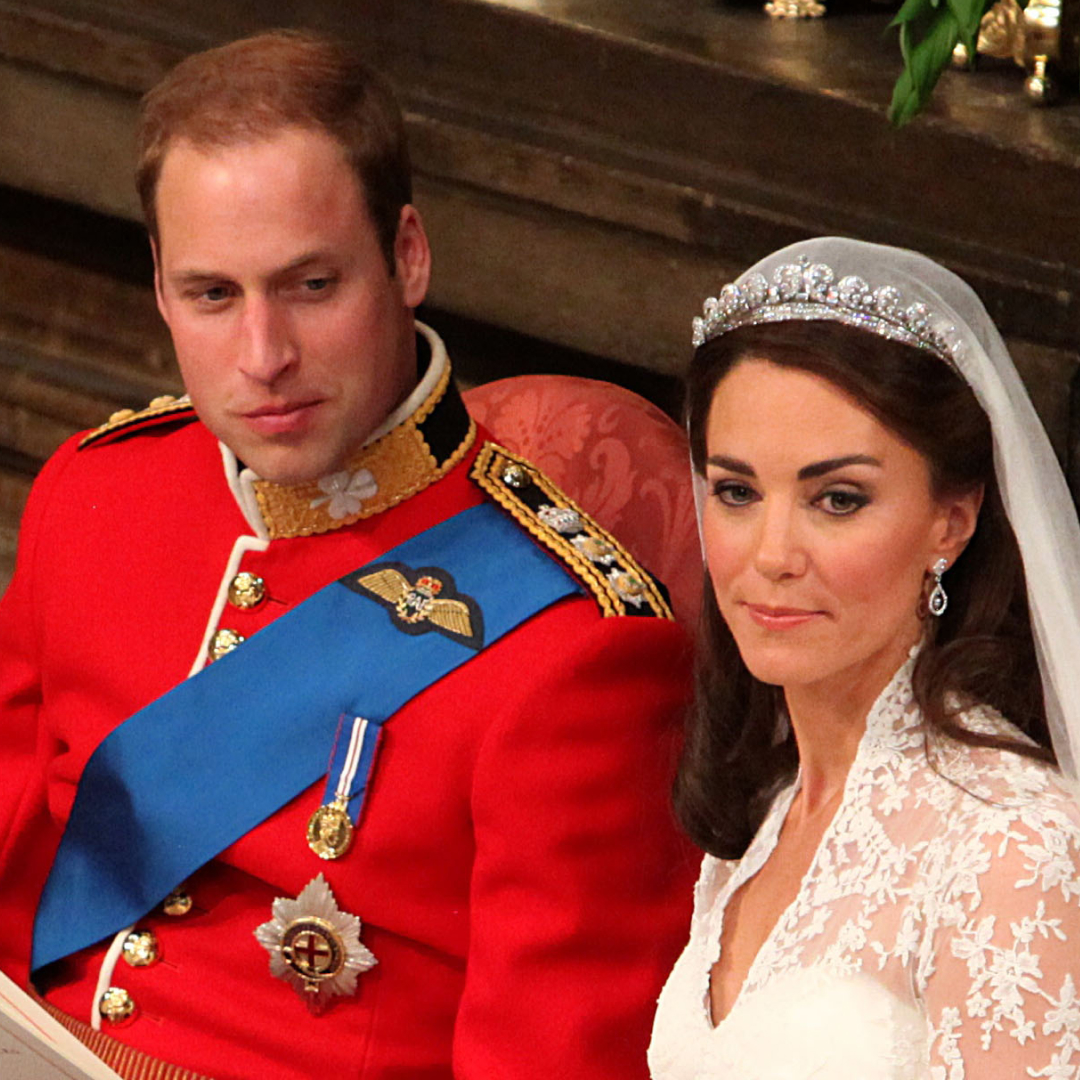 Why Prince William's Exes Attended His Wedding to Kate Middleton
Why Prince William's Exes Attended His Wedding to Kate MiddletonThe exes were invited "due to a more peculiar upper class British tradition."
By Amy Mackelden
-
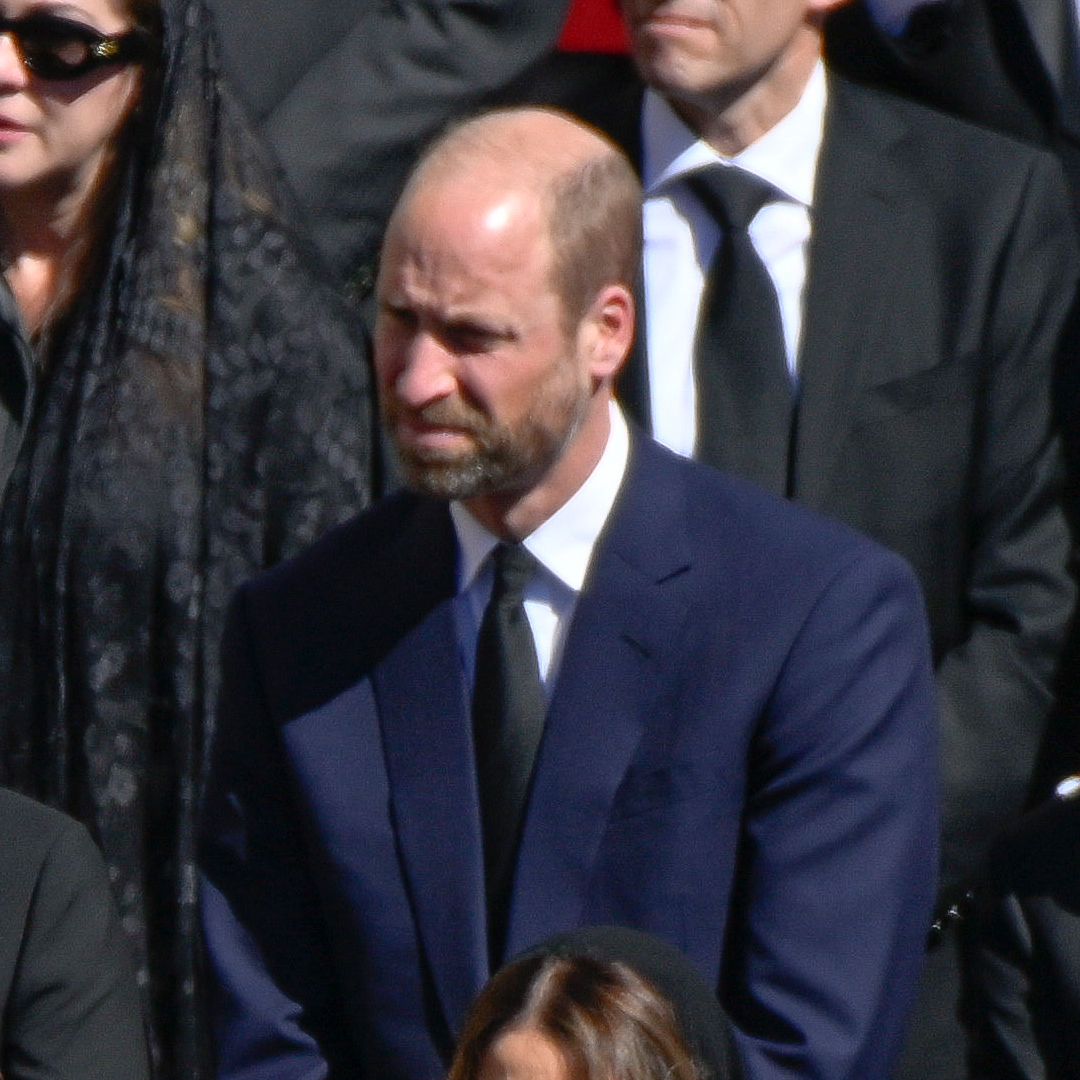 Why Prince William "Stepped in" for King Charles at the Pope's Funeral
Why Prince William "Stepped in" for King Charles at the Pope's FuneralThe seating plan was described as a "master plan" of "big egos."
By Amy Mackelden
-
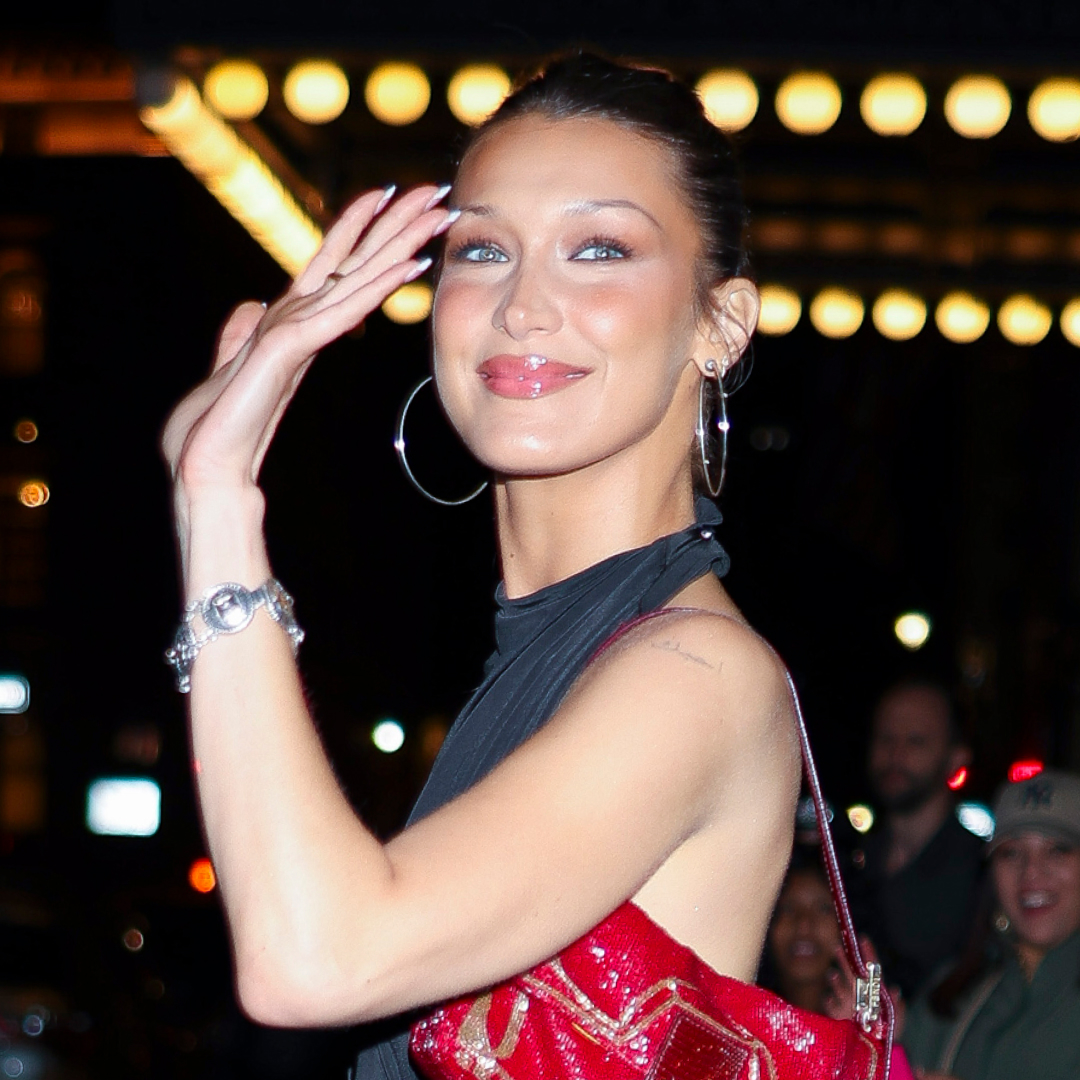 A Vintage Fendi Baguette Is Bella Hadid's Plus-One
A Vintage Fendi Baguette Is Bella Hadid's Plus-OneThe model paired her skintight capri jumpsuit with pointed-toe heels.
By Amy Mackelden
-
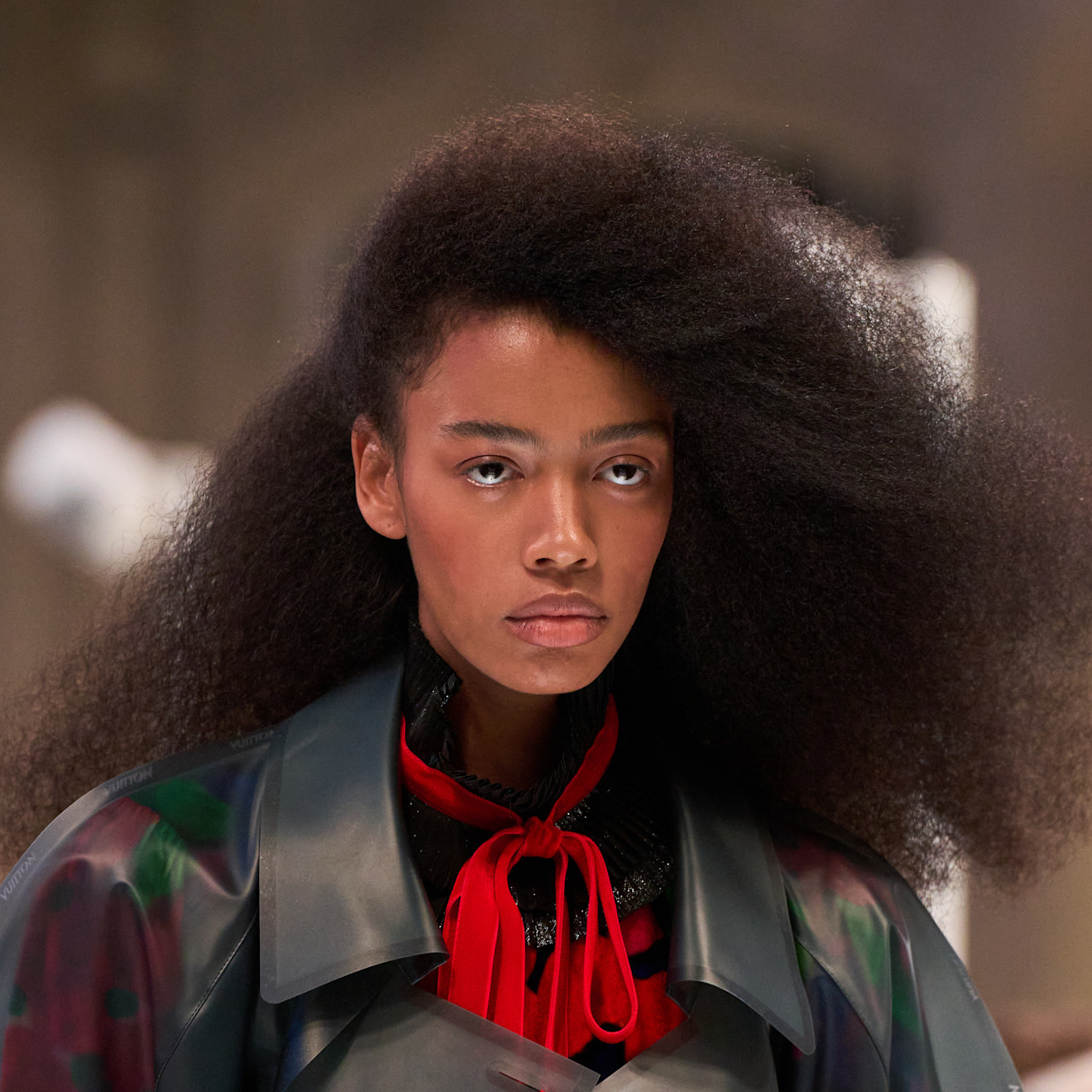 Everything You Need to Know About Marie Claire’s Skin and Hair Awards
Everything You Need to Know About Marie Claire’s Skin and Hair AwardsCould your brand survive an editor testing session?
By Ariel Baker
-
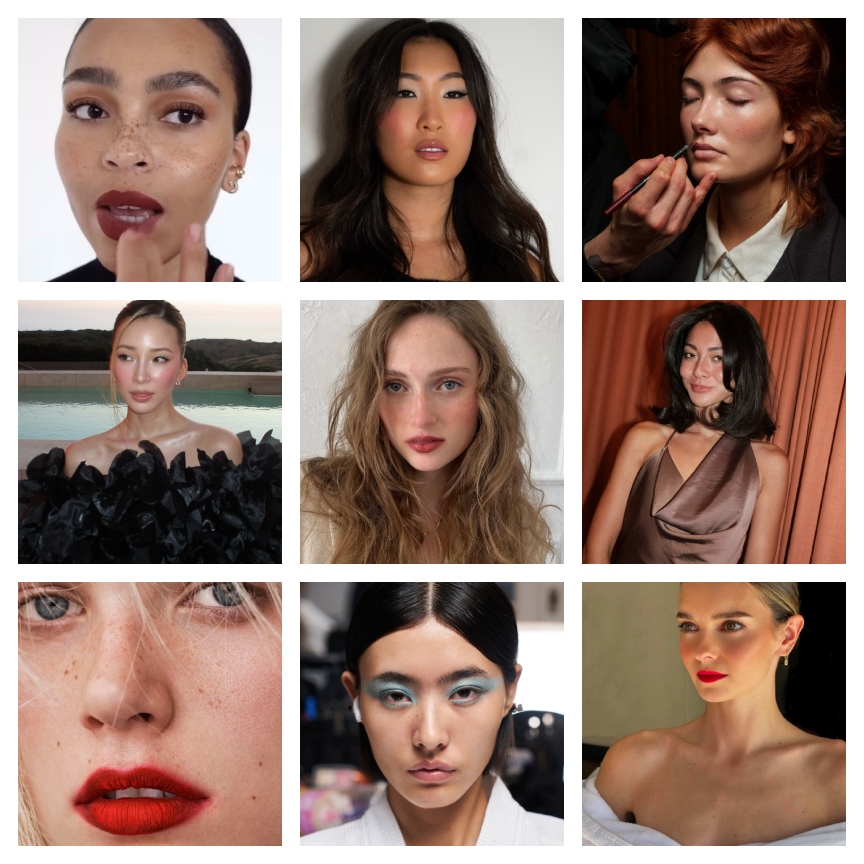 The 11 Best Spring Makeup Trends Are Sexy, Sensual, and Perfectly Luminous
The 11 Best Spring Makeup Trends Are Sexy, Sensual, and Perfectly LuminousIt's dew or die time.
By Jamie Wilson
-
 Simone Ashley’s Indie Sleaze Glam Is a Cool-Toned Dream
Simone Ashley’s Indie Sleaze Glam Is a Cool-Toned DreamThe actor was spotted in New York City looking like the epitome of cool-toned beauty.
By Ariel Baker
-
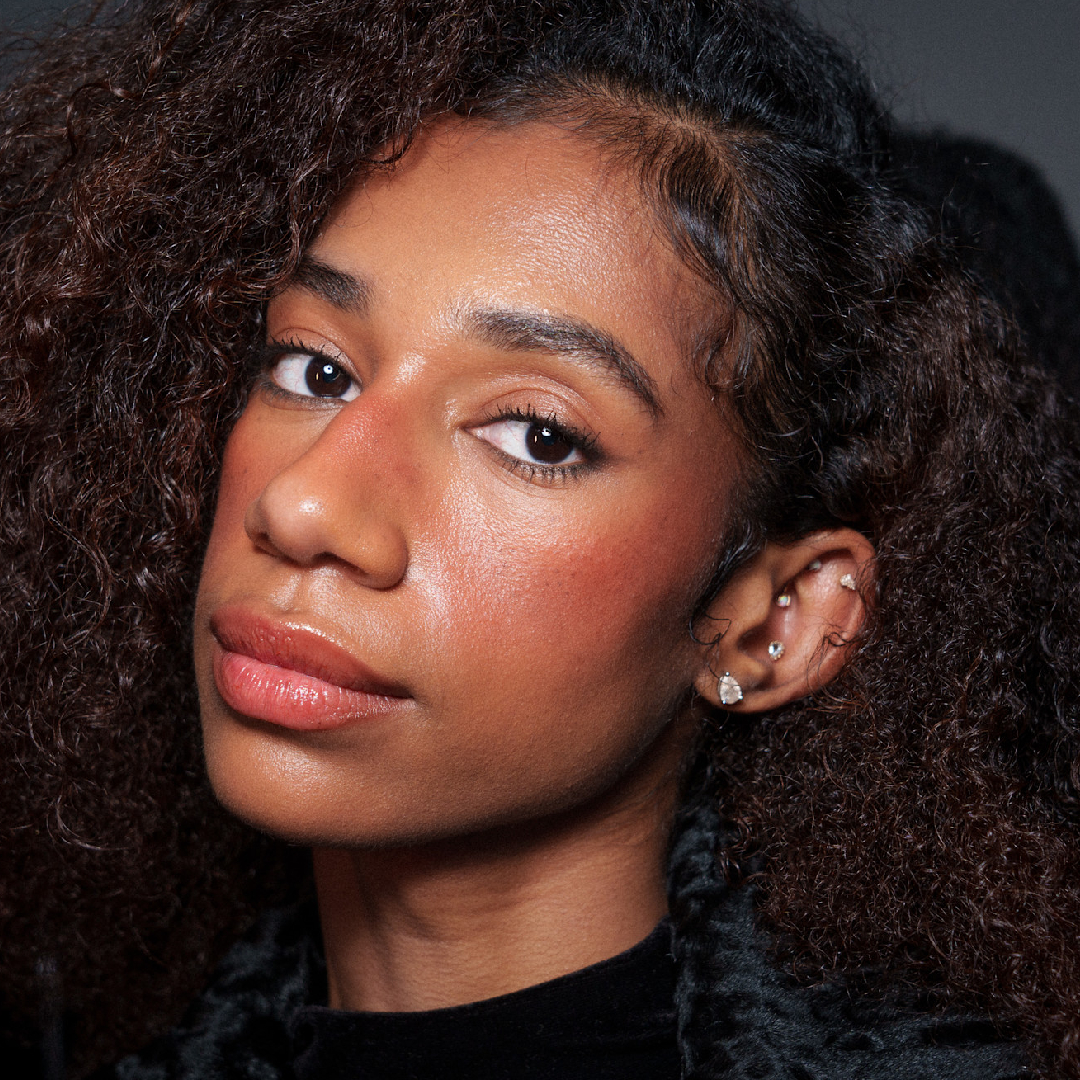 The 10 Best Hair Growth Shampoos of 2025, Tested by Editors
The 10 Best Hair Growth Shampoos of 2025, Tested by EditorsExpensive and healthy-looking hair on lock.
By Marisa Petrarca
-
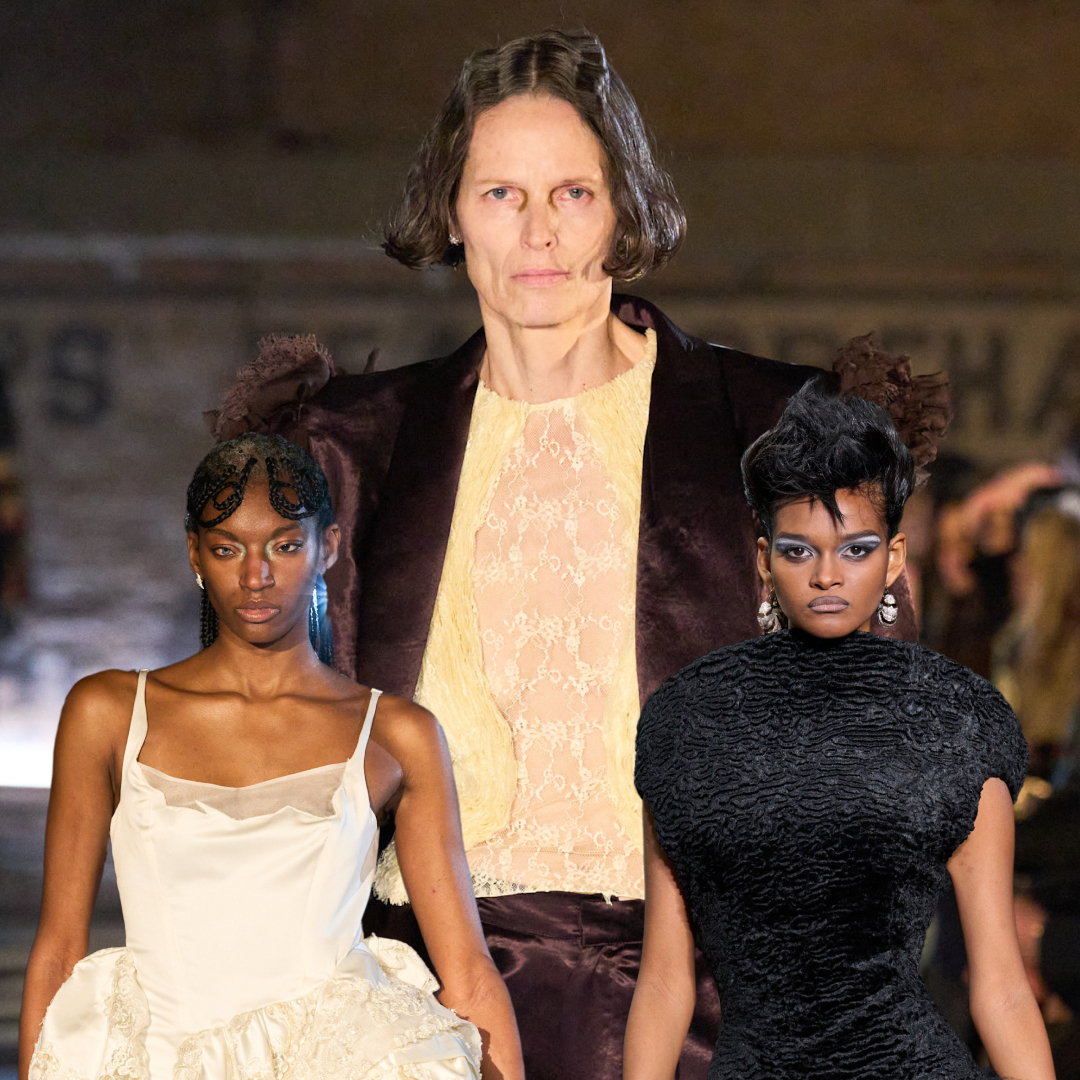 New York Fashion Week’s Fall/Winter 2025 Best Beauty Moments Are a Lesson in Juxtaposition
New York Fashion Week’s Fall/Winter 2025 Best Beauty Moments Are a Lesson in JuxtapositionThe week's best beauty looks were a maximalism master class.
By Ariel Baker
-
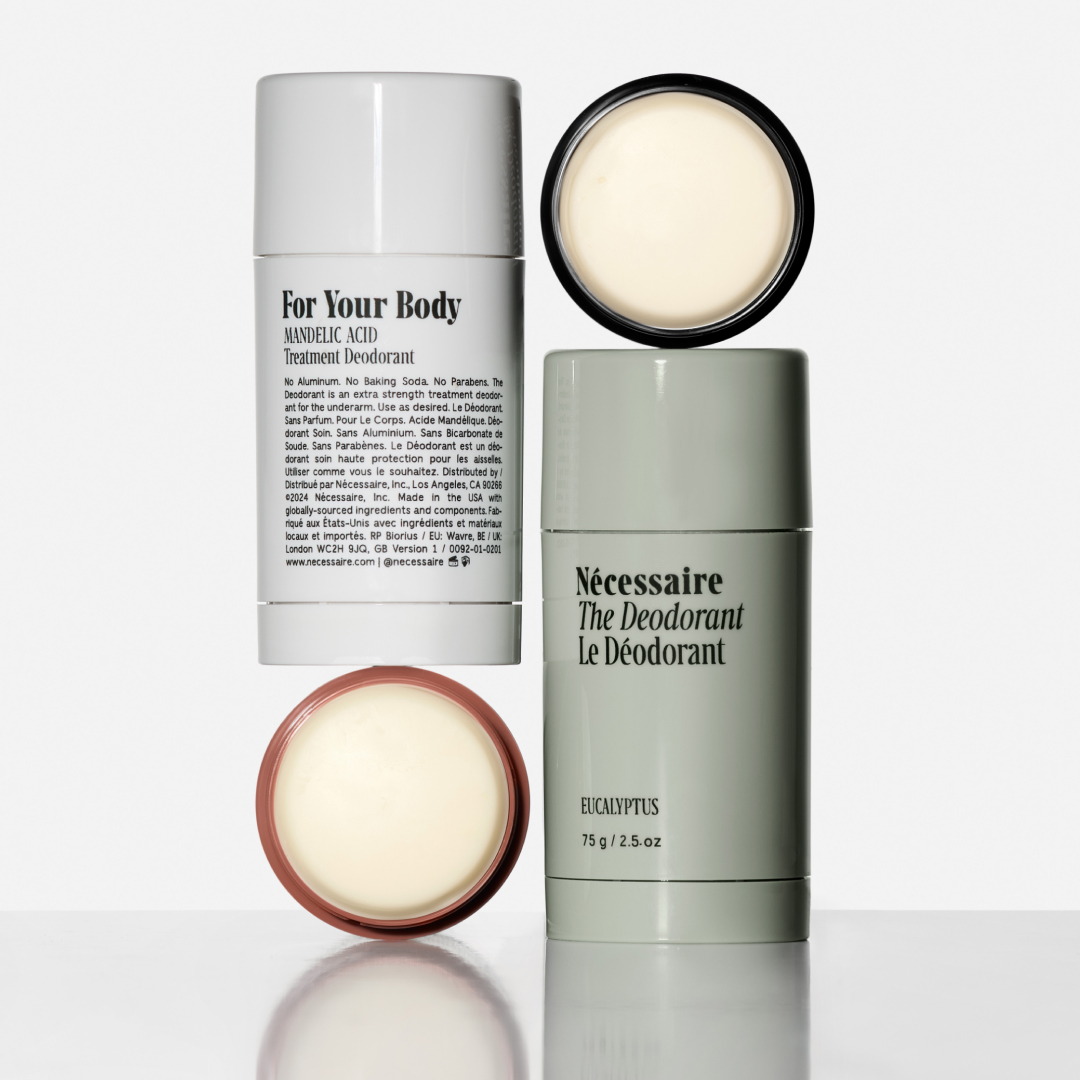 Nécessaire's Extra-Strength Deodorant Outlasts an Editor's Sweatiest Test: Fashion Week
Nécessaire's Extra-Strength Deodorant Outlasts an Editor's Sweatiest Test: Fashion WeekEven with my hectic schedule, I've never smelled better.
By Halie LeSavage
-
 Lily-Rose Depp’s Cool-Toned Makeup Is So ‘90s Coded
Lily-Rose Depp’s Cool-Toned Makeup Is So ‘90s CodedClean girl meets grunge.
By Ariel Baker
-
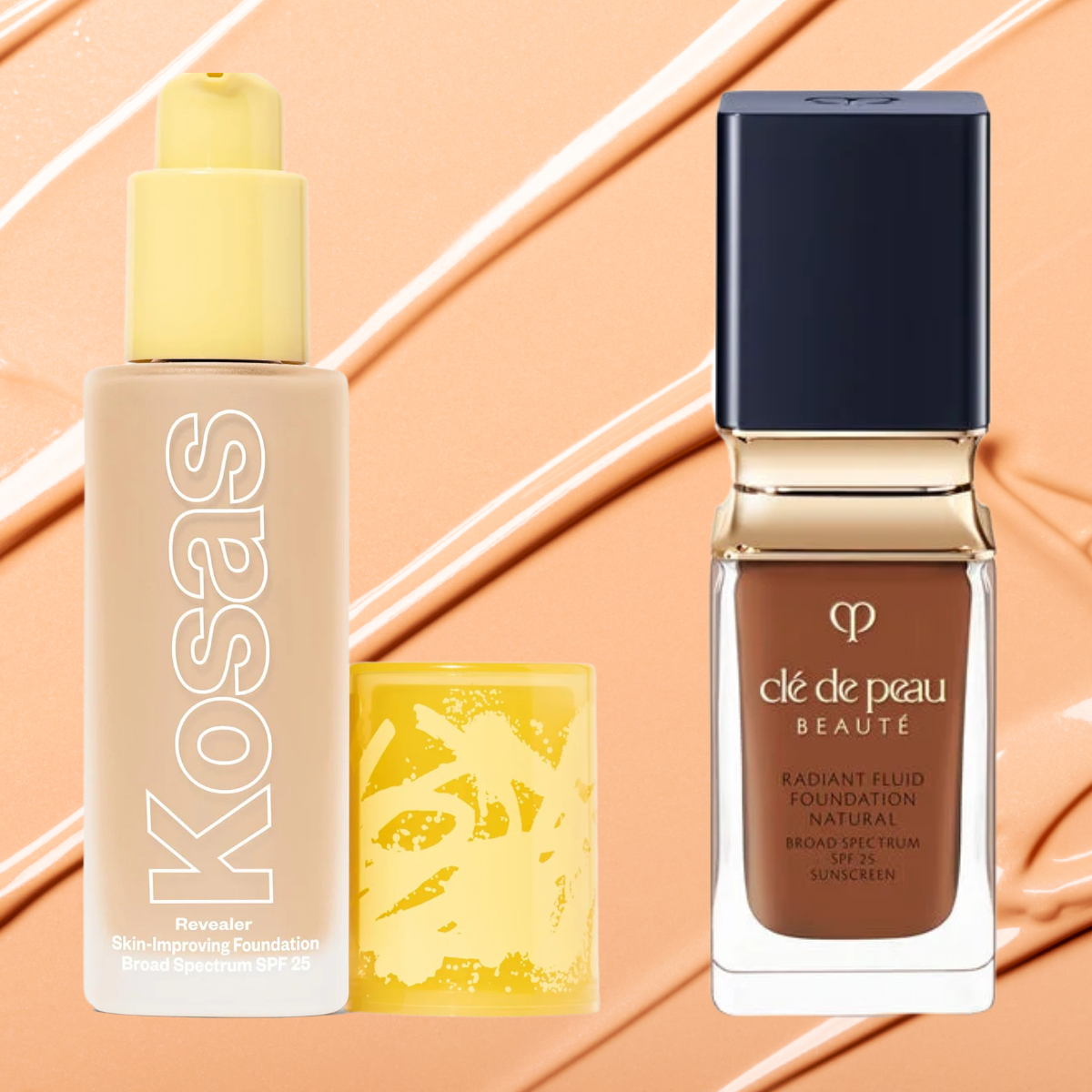 The 15 Best Foundations for Mature Skin, Tested by Women Over 50
The 15 Best Foundations for Mature Skin, Tested by Women Over 50It's perfect for mature complexions.
By Siena Gagliano